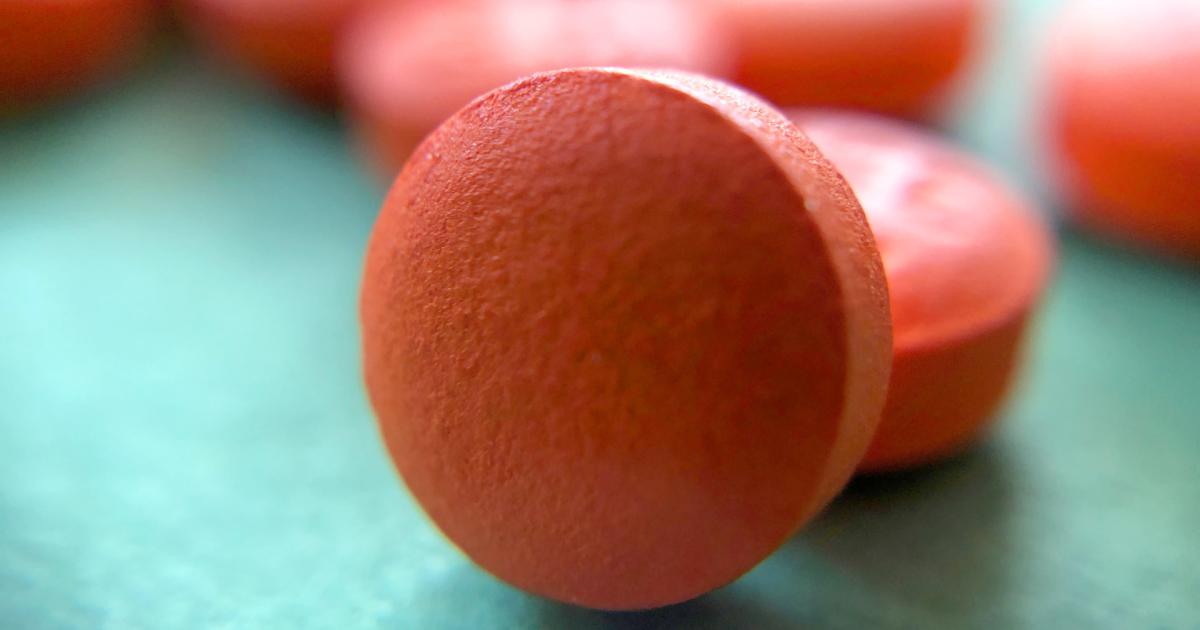
In recent years, vitamin D supplements have become increasingly popular, even when not prescribed by a doctor. In addition to the recognized positive effect on bone metabolism in some subjects, it has also been hypothesized to strengthen the immune system and have a protective effect against atherosclerosis. According to studies, it seems that the latter is not the case either.
During the COVID-19 pandemic, vitamin D, very similar to other treatments and “cures,” has sometimes been touted as helping prevent serious illnesses. But as early as 2021, after reviewing dozens of scientific studies, experts from the German Society for Nutritional Sciences declared, among others: “There are currently no arguments supporting vitamin D supplementation for people with an adequate vitamin D status with a view to Preventing SARS-CoV-2 infection or reducing the severity of Covid-19 disease.
In addition, the DGE experts warned that prolonged overdose with vitamin D preparations should in no case be avoided. It can lead to unwanted side effects such as kidney stones, kidney calcification, and cardiovascular disorders. In February of this year, the Austrian Society for Bone and Mineral Metabolism (ÖGKM) stated in the vitamin D hype that giving vitamin D to all healthy people, regardless of age, is untenable.
Clinical studies on taking vitamin D preparations for the prevention of cardiovascular disease have been consistently negative. The most recent example was recently published in the prestigious British Medical Journal (DOI:10.1136/bmj-2023-075230) published. Briedie Thompson (Public Health Programme, Herston, Queensland, Australia) and her Australian co-authors conducted a large, placebo-controlled study between 2014 and 2020 of 21,316 subjects aged 60 to 84. After randomization, 10,662 participants received 60,000 IU of vitamin D3 once a month, and swallowed 10,653 placebo tablets once a month for five years.
The effect of vitamin D intake on severe cardiovascular events (heart attack, stroke, and need for bypass surgery or cardiac catheterization) was chosen as the primary research objective. Data of 21,302 people can be evaluated. The result: In the group that took vitamin D, the incidence of such severe illness was six percent. In the placebo group it was 6.6 percent. The difference was not statistically significant, so it could just have been a coincidence.
Only in heart attack frequency alone was there a statistically significant difference of 19 percent less than hospitalization in the vitamin D group. Strictly speaking, however, this was not the actual aim of the investigation. There was no significant difference between the two groups in terms of the need for oxygen resupply to the heart due to narrowing of coronary vessels (bypass, catheter intervention) and in terms of ischemic strokes.
According to Deutsches Ärzteblatt, a meta-analysis with study data from more than 83,000 people in vitamin D studies published in the respected Journal of the American Medical Association (JAMA) in 2019 found no effect of vitamin D on the frequency of strokes, heart attacks, and overall cardiac deaths. angiogenesis (DOI: 10.1001/jamacardio.2019.1870). US scientists came to a very similar conclusion in 2019 in a study of 25,871 people who took daily vitamin D or a placebo with a six-year observation period in the New England Journal of Medicine (DOI: 10.1056/NEJMoa1809944). “Vitamin D supplementation did not result in a reduced incidence of invasive cancer or cardiovascular disease compared to placebo,” the researchers wrote. The research project was funded by the US National Institutes of Health (NIH).